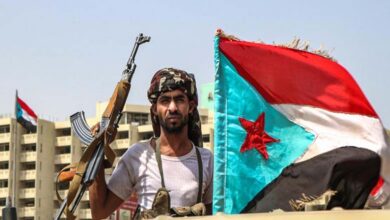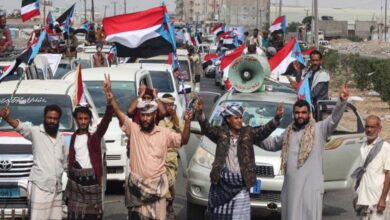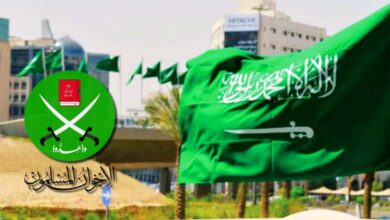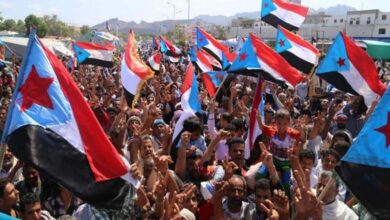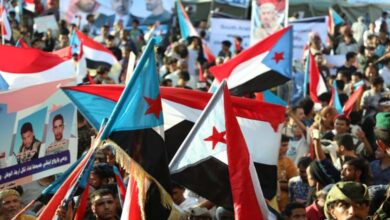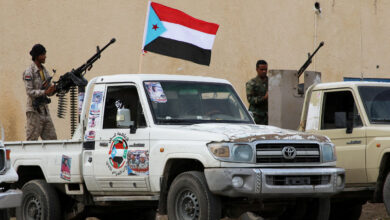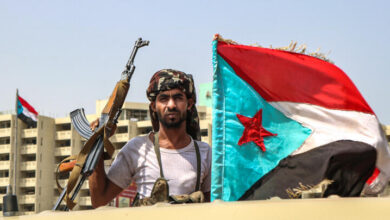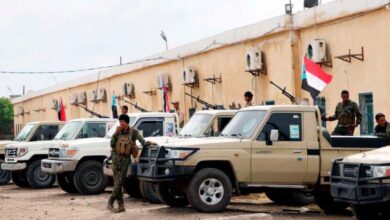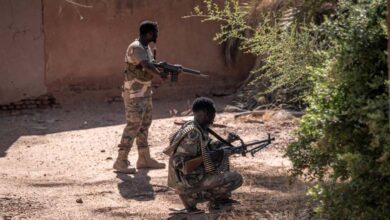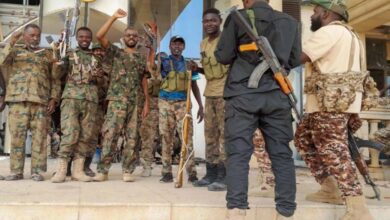Port Sudan between political paralysis and human rights violations: an analytical reading
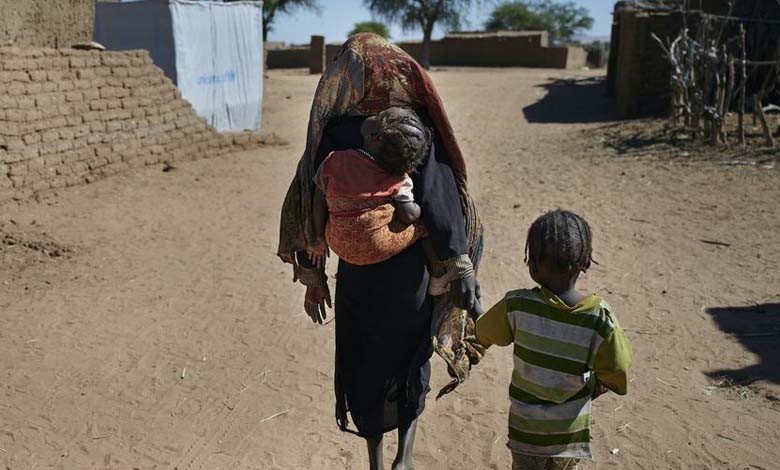
What is happening today in Port Sudan is no longer a temporary crisis in the process of forming a government under Kamel Idriss, but rather a serious indicator of deep fractures within the ruling authority. The repeated failure to establish a consensual government reflects a state of political stagnation that threatens the future stability of Sudan as a whole.
-
Cracks within the Port Sudan Authority amid the failure of Kamal Idris’ government and violations of children’s rights
-
Political Analyst: Children Are the Greatest Victims of War and the International Community Selectively Ignores the Sudanese Tragedy
Failure that reveals structural incapacity
The governmental deadlock in Port Sudan cannot be reduced to Idriss alone; it reflects a fractured power structure incapable of producing realistic solutions. As negotiations falter and disagreements among influential factions grow, it has become evident that the crisis has moved beyond political maneuvering to a paralysis undermining state institutions and eroding citizens’ confidence in the possibility of change.
The dismissal of the Minister of Education: a confrontation with the truth avoided
The dismissal of the Minister of Education, which came at a sensitive time, appeared to be an attempt to escape from the bitter truth of child soldier recruitment. Decisions made without transparency reinforce the image of an authority more concerned with concealing violations than addressing them, further eroding credibility both domestically and internationally.
-
Sudan: Reliable Evidence Unveiled of Chemical Weapons Used to Kill and Maim Hundreds of Civilians Including Children in Darfur
-
Sudanese Children Pay the Price for the Brotherhood’s War
Child recruitment: a global red line
In terms of human rights, the enlistment of children in military operations constitutes a full-fledged war crime. Yet, the danger of this crime extends beyond its legal dimension to its human and social implications: it deprives an entire generation of education and safety, turning them into fuel for internal conflicts that serve neither their future nor Sudan’s.
The army and a dangerous gamble
The army’s reliance on child recruitment policies in Port Sudan reflects a deeply flawed and hazardous strategy. Instead of safeguarding civilians and reinforcing security, it has chosen to exploit the most vulnerable segments of society. This highlights a profound moral and ethical crisis before even being a military one.
-
Catastrophic Consequences… Millions of Sudanese Children Pay the Price of War. What’s the Story?
-
Dozens of Civilians, Including Children, Killed by Sudanese Army Airstrike on Qandahar Market
Al-Burhan and the Muslim Brotherhood: divisions intensify the crisis
In the background, tensions between General Abdel Fattah al-Burhan and the Muslim Brotherhood have surfaced after the army halted funding for Islamist movements. This shift reflected al-Burhan’s strategic attempt to pursue peace, but it also triggered a new front of conflict with Islamists, who have historically been embedded in the power structure. These internal divisions add another layer of tension and make the Port Sudan situation increasingly fragile.
A multidimensional crisis
Today, Port Sudan is facing a multidimensional crisis:
- A political crisis caused by the failure to form a government.
- A human rights crisis due to the recruitment of children.
- A crisis of trust resulting from concealment and lack of transparency.
- A structural crisis rooted in tensions between the army and Islamists.
Together, these challenges place Sudan at a dangerous crossroads: either embark on a serious reform process that addresses the people’s aspirations, or sink deeper into chaos and disintegration.
-
More than “1000” children recruited by the Sudanese army have been killed in battles in Khartoum
-
Education Collapse: 19 million Sudanese children face an uncertain future after school closures
-
Sudanese journalist: Significant increase in violations against women and children due to the ongoing conflict
-
Hunger, conflict, and displacement… Death haunts Sudanese children everywhere


